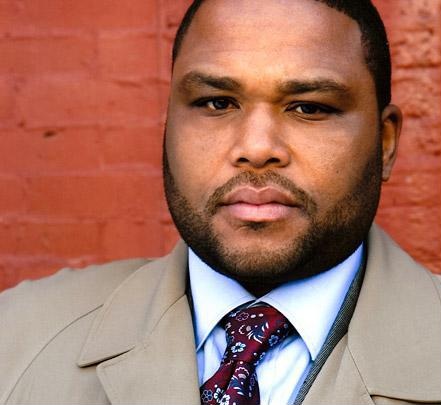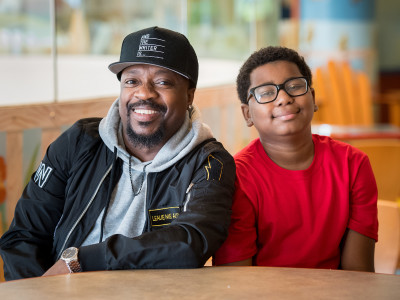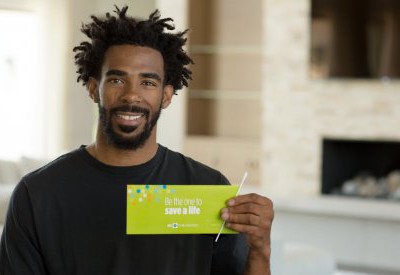Award winning Neo-soul artist Angie Stone and actor,comedian,writer Anthony Anderson are speaking up about African Americans and Type 2 diabetes. Type 2 diabetes is a lifelong (chronic) disease in which there are high levels of sugar in the blood. Type 2 diabetes is the most common form of diabetes.

Angies Story
Twelve years ago when Angie was diagnosed with type 2 diabetes, she was shocked. She never knew that her family history and being African American would put her at such a high risk. In 2007, Angie joined the Fearless African-Americans Connected and Empowered (F.A.C.E.) Diabetes initiative because she wanted African Americans with type 2 diabetes to better understand how to control their disease. She now knows the importance of connecting with diabetes educators and registered dieticians, and arms herself with the tools and resources needed to effectively manage and treat her type 2 diabetes.

Anthony’s Story
When Anthony was diagnosed with type 2 diabetes seven years ago, he felt confident—perhaps overconfident—that he could beat the disease. With a family history of diabetes, Anthony felt he was “in-the-know.”But in reality, he was not. Anthony understands that a positive attitude, coupled with small and steady changes, are the keys to living well with type 2 diabetes. Anthony joined the Fearless African-Americans Connected and Empowered (F.A.C.E.) Diabetes movement in 2010 to share his experience with African American communities throughout the U.S. He believes you, too, can be inspired to make the necessary changes to better manage your type 2 diabetes.
F.A.C.E.
The Fearless African-Americans Connected and Empowered (F.A.C.E.) Diabetes initiative is a grassroots movement empowering African Americans to help themselves, their neighbors, and their families to overcome barriers to living successfully with their type 2 diabetes. The movement includes tips on how to exercise correctly, change your eating habits as well as maintain a healthy lifestyle. Supported by Eli Lilly and Company, corporate partners, national advocacy groups and local community organizations, the goal of the F.A.C.E. initiative is to help people with type 2 diabetes take positive steps forward in important aspects of diabetes management.
F.A.C.E. creates a series of practical and sustainable programs for African Americans with type 2 diabetes, which will help foster behavioral and attitudinal changes in areas critical to their success in managing diabetes.





